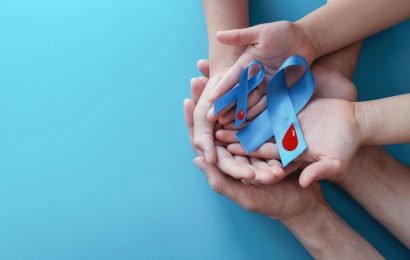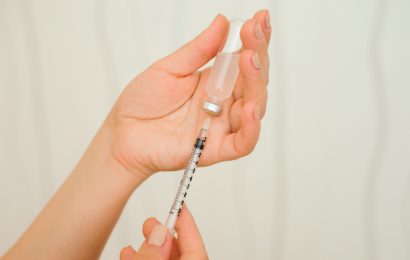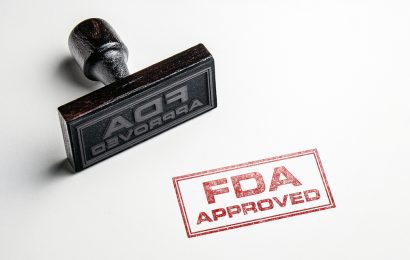On July 19, a Food and Drug Administration (FDA) advisory panel voted by a margin of nine to six to recommend against approval of the novel Type 2 diabetes drug dapagliflozin. The panel expressed reservations over potential safety concerns, including a possible increased risk of breast and bladder cancer.
Dapagliflozin, developed by Bristol-Myers Squibb and AstraZeneca, would be the first member of a class of medicines known as SGLT2 inhibitors, which work to lower blood glucose by causing it to be excreted in the urine. Several committee members felt that because its mechanism of action is different from that of any diabetes drug currently on the market, dapagliflizon would be easier to combine with other treatments. An added benefit of dapagliflozin noted by the panelists was the potential for a small amount of weight loss, caused by the excretion of sugar calories in the urine, as compared to the weight gain caused by many diabetes drugs on the market today.
Safety concerns centered on the possible association of the drug with breast and bladder cancers: In clinical trials, roughly 0.4% of women taking the medicine got breast cancer, compared with 0.1% of women in the control group, and approximately 0.3% of men taking the drug developed bladder cancer, compared with 0.05% of men in the control group. Because the numbers were very small, however, it was difficult to draw conclusions; the manufacturers argued that many of the cancers occurred too soon to have been caused by the dapagliflozin.
Other safety concerns involved a case of liver damage likely caused by the medicine, as well as the feeling among some panelists that the manufacturers had not included enough minorities and elderly people in their clinical trials and had not conducted enough research on how the drug affects the kidneys.
Opinion on whether to recommend approval of dapagliflizon was divided among the panel members. According to David M. Capuzzi, MD, who voted no, “While I really liked the concept, we just don’t have enough right now, in my opinion, to ensure safety and efficacy and how to use it.” Ellen W. Seely, MD, who voted in favor of approval, on the other hand noted that “Finding anti-diabetic agents that are weight-neutral is going to be a huge advance. Although there is a scare factor to the word ‘cancer,’ [diabetes] is a devastating disease.” A number of the committee members indicated that they could have voted either way.
The panelists agreed that more information was needed on the possible safety risks of dapagliflozin. Those who voted in favor of approval felt that it would be impossible to do large enough studies to rule out an increased cancer risk prior to approval, and that more information could be gathered after approval, in part by observing the effects of the drug as it is prescribed. Those who voted no felt that the safety studies should be conducted before approval, even if that meant delaying the approval by years.
The FDA is not required to follow the advice of its advisory panels, but it typically does. The agency is expected to make a decision by October 28.
For more information on the FDA advisory panel’s decision, read the articles “Diabetes Drug Dapagliflozin May Cause Bladder and Breast Cancers, Says FDA” and “Diabetes Drug Dapagliflozin Rejected by FDA Panel.”




